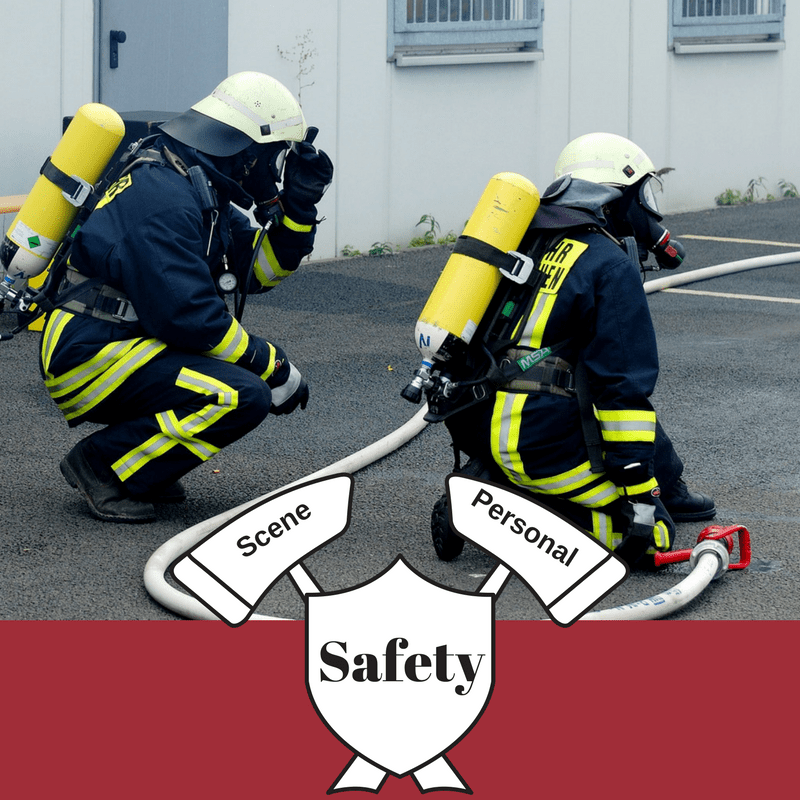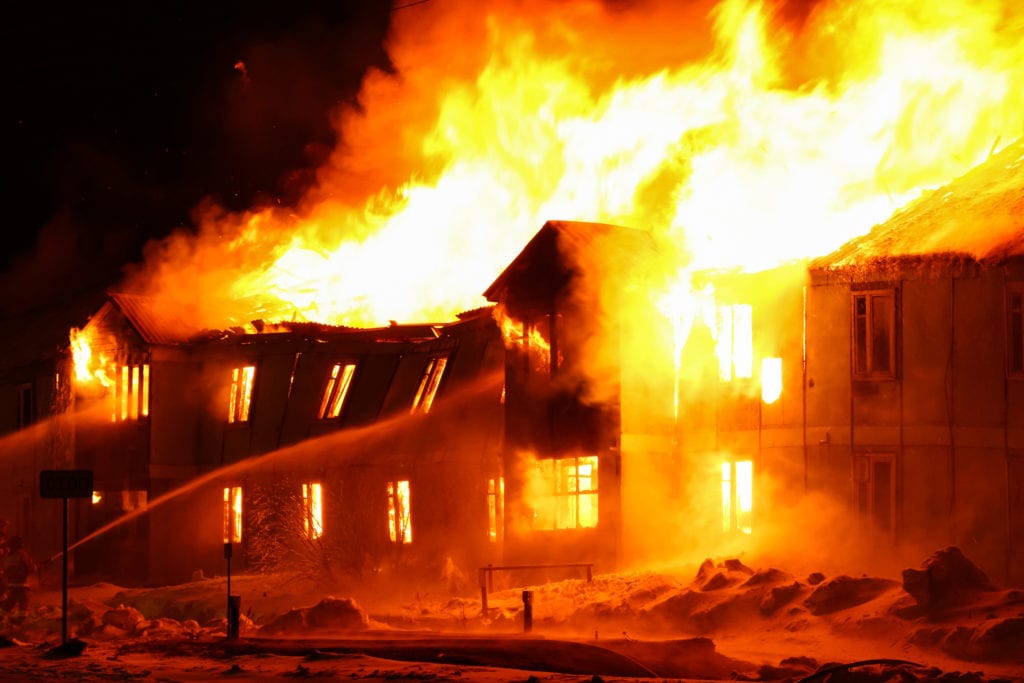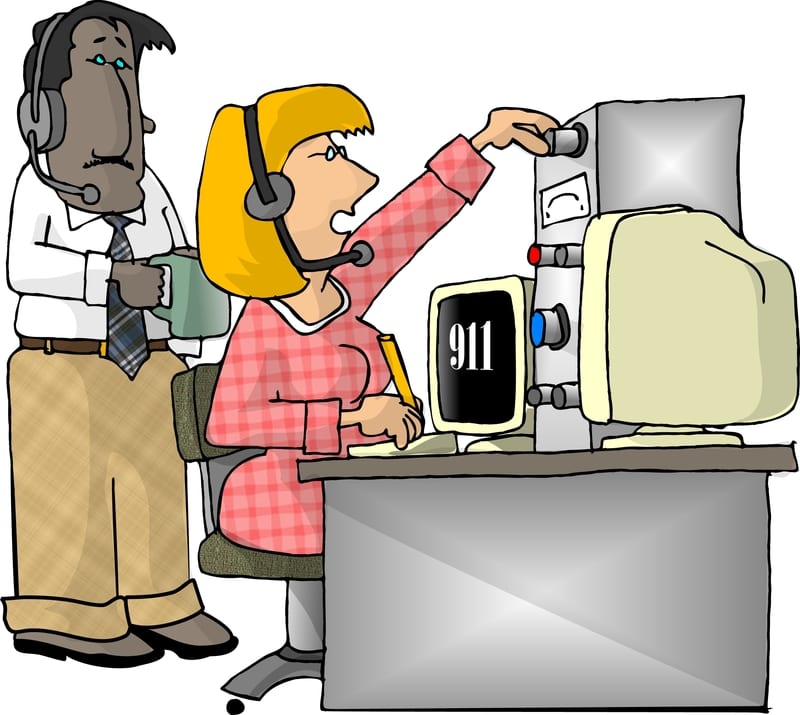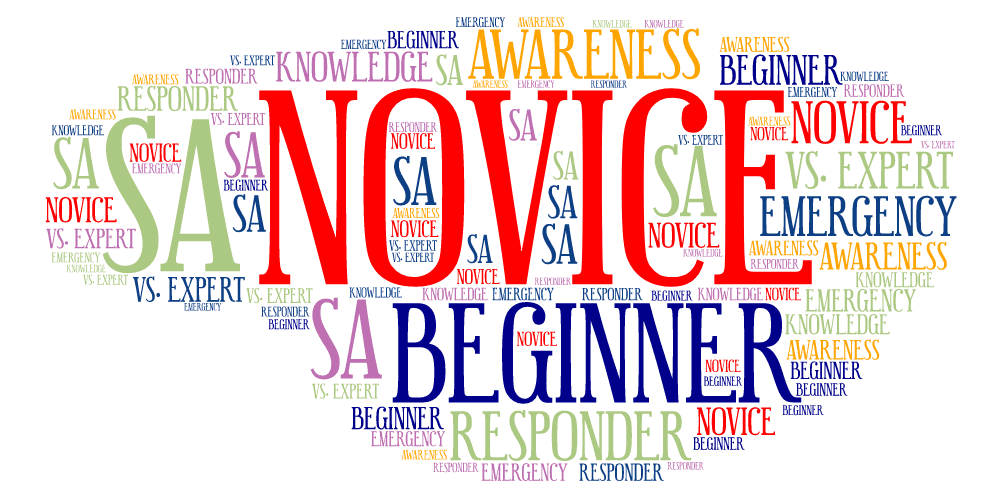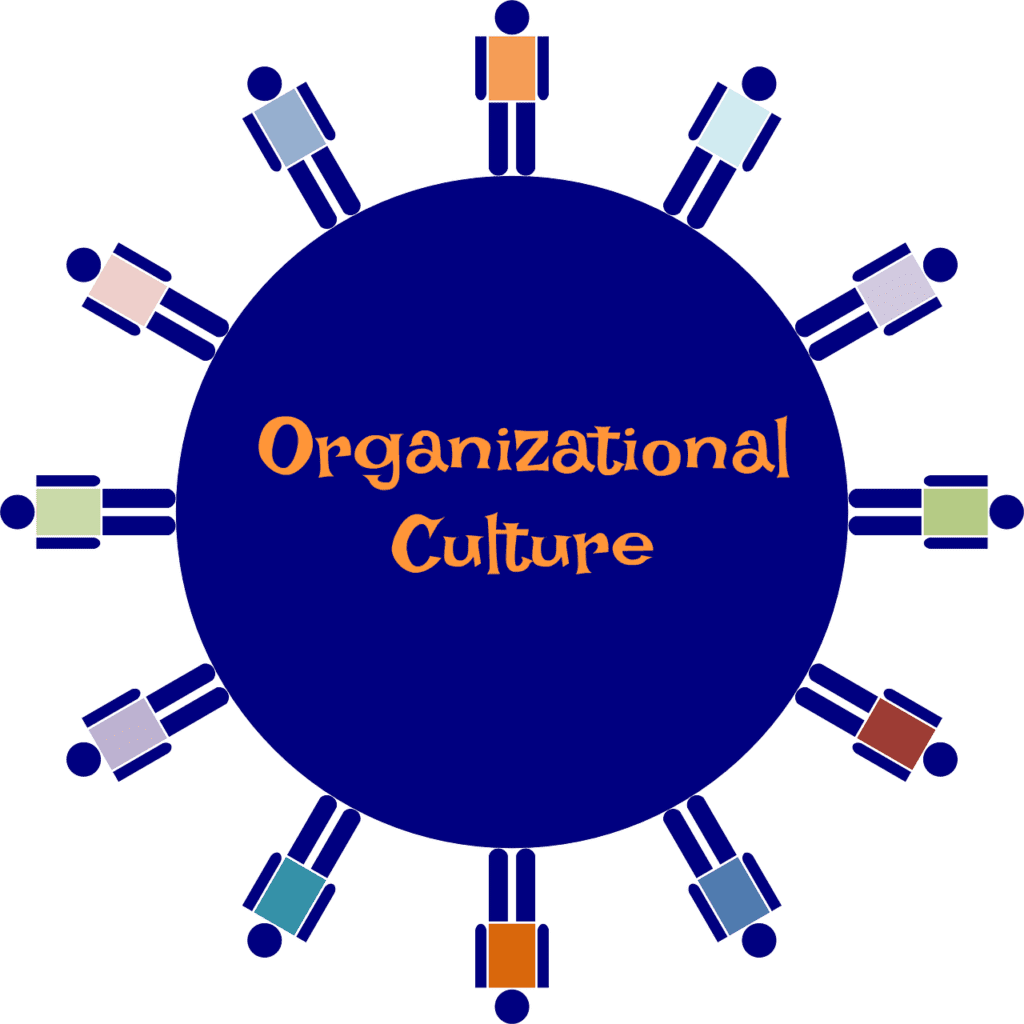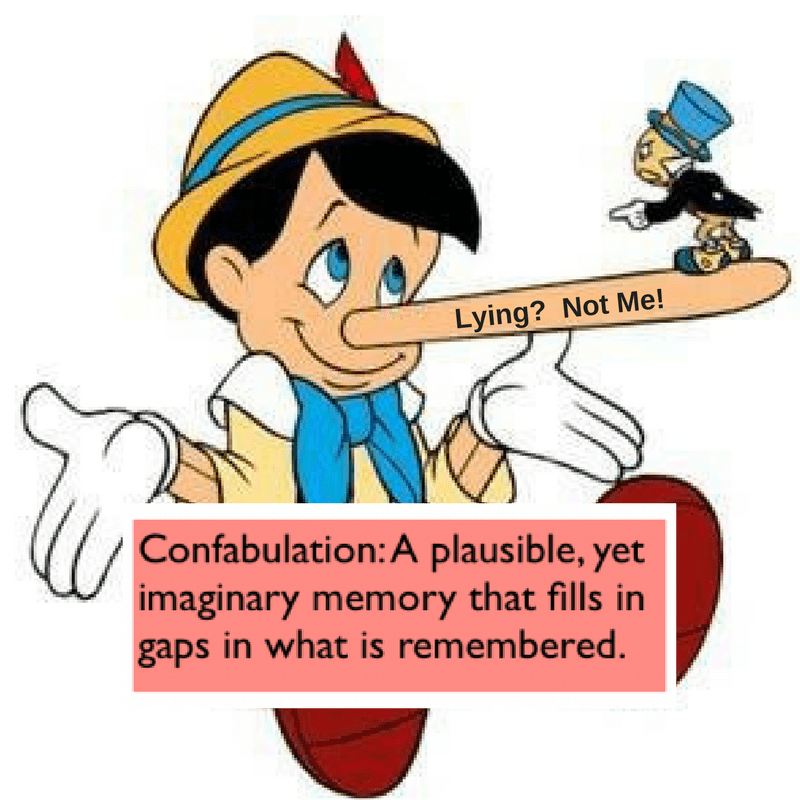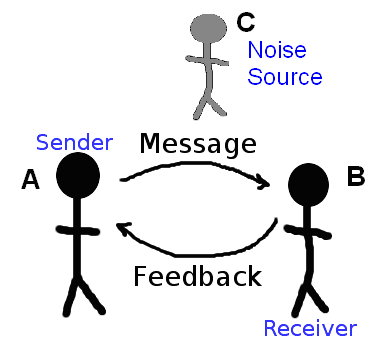Explaining Tunnel Vision
When it comes to developing and maintaining situational awareness, tunnel vision is a big deal. Effective situational awareness is developed from having a broad perception of the environment in which you are operating. As your focus narrows, you start to miss things. Those “missed things” are like lost puzzle pieces, leaving holes in your understanding […]
Explaining Tunnel Vision Read More »



